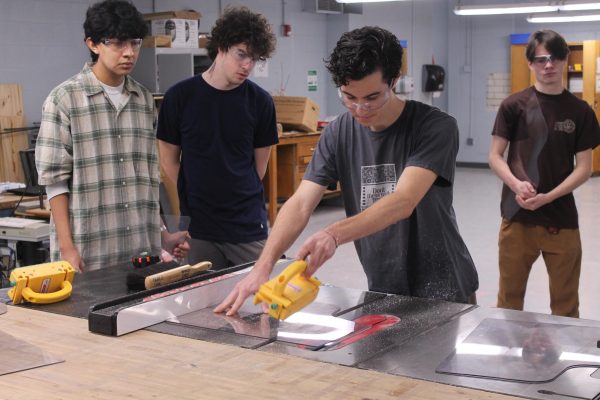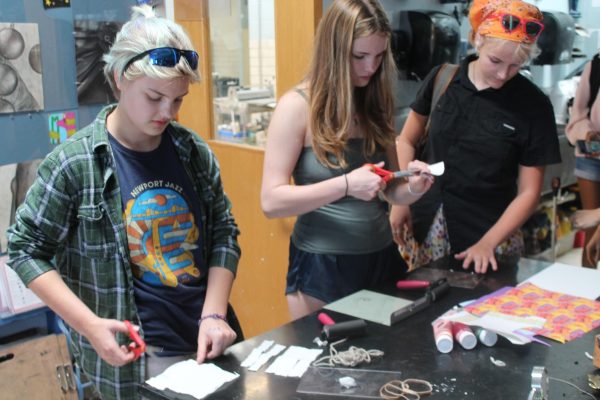Life Outside of LASA – Work or Play?

October 11, 2019
LASA is a prestigious school nationwide, ranking #12 on Niche and #18 by U.S. News & World Report nationally. However, success in the school world can come at a sacrifice of personal time. The problem is whether this time commitment is too costly on the student. LASA has a graduation plan set up for all attending students that contains required courses for graduation, including the LASA signature courses. However, for students with extracurriculars and other duties outside of school, this program can make a healthy schedule difficult. Max Miller, a sophomore in LASA, finds balancing classes challenging.
“The workload is usually manageable,” Miller said. “However, if you get behind in only one class or one assignment you’ll be forced into playing catch up.”
Most students find the workload not too difficult, however unforgiving it is. Miller thinks that having inconsistent schedules or extracurriculars, he can find it difficult to catch back up.
“The primary extracurricular I take part in is debate, which can take up a lot of time if you’re willing to invest in it,” Miller said. “Sometimes the workload is just straight up too much to juggle with anything other than school or sleeping.”
Demanding interests aren’t just difficult to participate in. For committed students, extracurriculars will impede on things themselves, and with such a tight schedule, most find this free time during the time in which they would normally be sleeping.
“I’d be able to put a lot more effort into Debate if my time wasn’t taken up with school,” Miller said. “If I want to be productive in both school and debate, I have to sacrifice time I’d usually be sleeping.”
When there isn’t the flexibility to pursue interests and school, students can struggle. Whether that be academically, physically, or mentally depends on where the student allots their time. If one student can manage everything, or appears to on the surface at least, others will strive for the same. Nick Robertson, a sophomore at LASA, agrees.
“LASA is inherently stressful because there is a pressure to succeed; you are surrounded by people who want to do better than you,” Robertson said. “And you need to do better than them, at the risk of admitting that you don’t belong or are stupid”
This is a problem that overlaps with the late nights and early mornings forced upon students because of clubs, sports, or extracurriculars.
“I do Cross Country, Robotics, and Ultimate Frisbee,” Robertson said. “Cross country forces me to wake up at 5:30 am and run until school starts. Robotics is from after school on A day until about 6, but I spend time cadding at home sometimes. Frisbee is after school on B days ‘til about six, as well, but sometimes there is practice and frisbee related stuff on other days.”
Even though the time for clubs and sports can be managed with one or two extracurriculars, it can be hard to balance more extracurriculars. The early mornings and late nights can sometimes lead to a dysfunctional schedule long-term, and it can be taxing on the student if not given a reprieve. That said, this does not ven account for any events that might disrupt the fragile schedule balanced by a student.
“It’s really hard and stressful to manage your time at LASA,” Robertson said, “especially if you have extracurriculars, they eat up your time and energy.”
Students, especially those with extra curriculars can find it hard to handle their time. Clubs and sports are personal, and they can be stressful for participants. Tyler Hill, a sophomore at LASA, pursues an off-campus physical education credit for at least five hours a week at the Austin Bouldering Project.
“LASA just gives out a lot of challenging work,” Hill said, “but unlike a lot of other schools, it’s mostly helpful to learning.”
Students can find LASA stressful, but that doesn’t mean they should find the work pointless. LASA is known for difficult classes and time crunches, but students still can find the school to be a place of learning and purpose,






